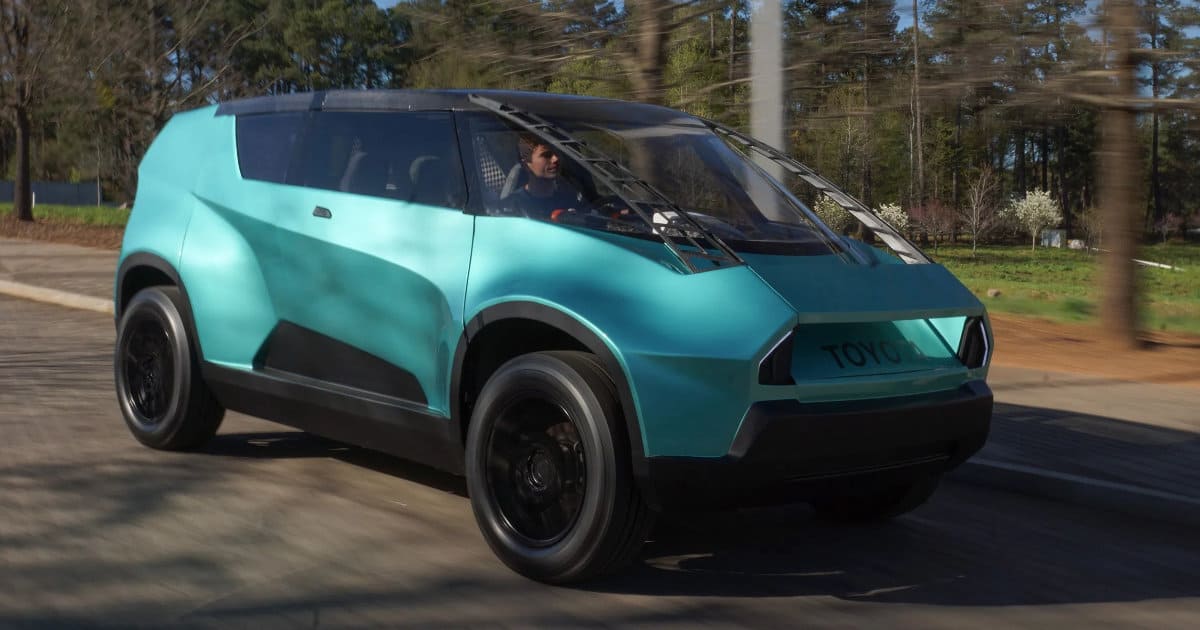With electric vehicles (EVs) becoming increasingly prevalent, car manufacturers worldwide are locked in a race to push the boundaries of battery technology. Toyota, the world’s largest automaker by sales, has taken a significant leap ahead by unveiling its ambitious plans for a solid-state battery technology, designed to greatly enhance the performance of their EVs.
Toyota, aiming to become a world leader in battery EV energy consumption, had been working on this groundbreaking technology since 2012. In their quest to overcome the traditional pitfalls associated with EVs, they revealed this pioneering advancement that could be a potential game-changer for the industry.
Solid-State Batteries: A Leap Forward
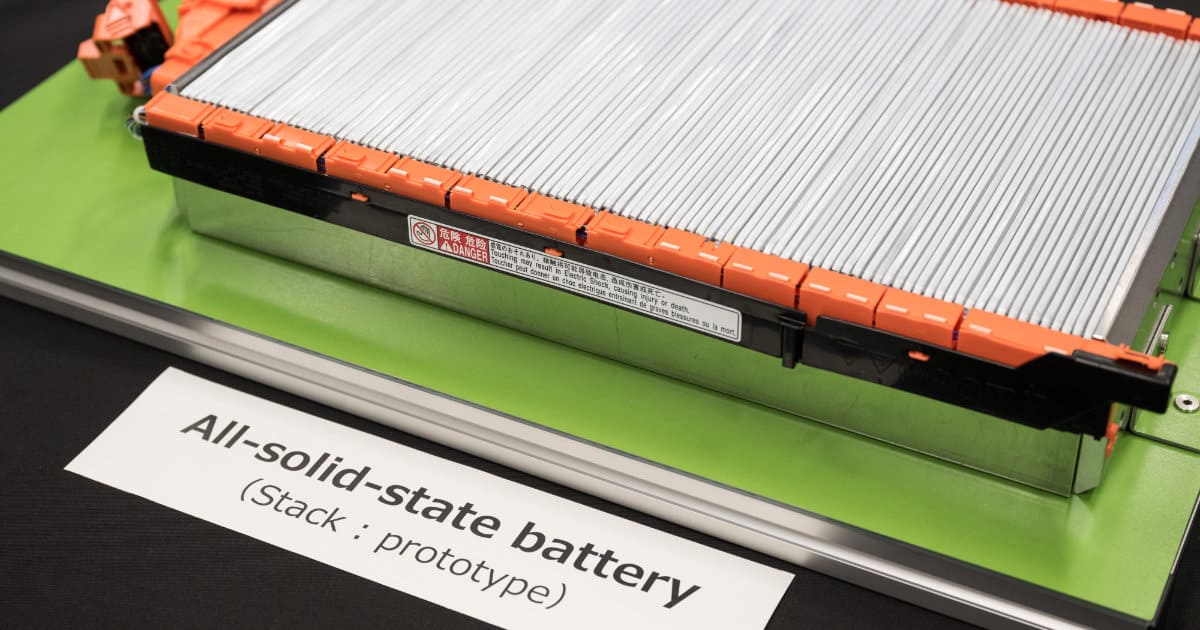
The next generation of EVs relies on advancements in battery technology. Solid-state batteries are heralded by industry experts as a promising solution to major EV battery issues like lengthy charging times, limited driving range, low capacity, and safety risks such as overheating and fire.
Toyota’s solid-state battery replaces the liquid electrolyte found in traditional lithium-ion batteries with a solid material and swaps the graphite at the anode for lithium metal. The benefits of this transformation are substantial. Solid-state batteries store more energy with less material, improving their energy density. Moreover, they typically don’t require toxic materials, further enhancing their environmental benefits.
Significant Improvements in Battery Performance
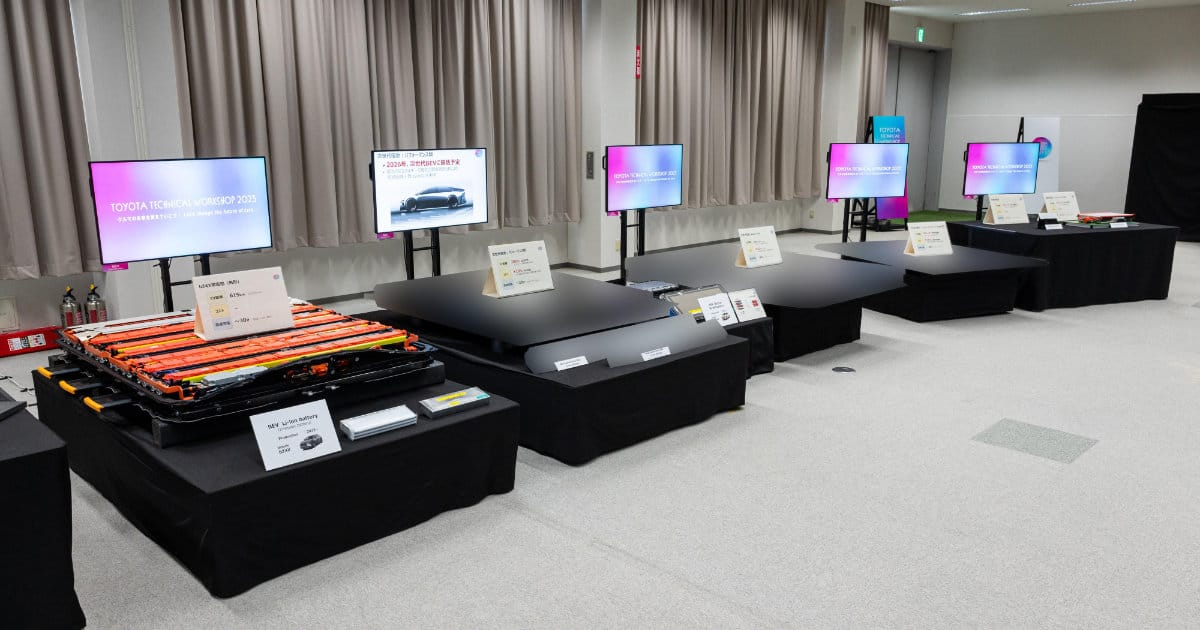
Toyota’s solid-state battery technology could potentially cut the size, cost, and weight of EV batteries by half, a notable improvement over existing EV technologies. As a result, it is expected to significantly reduce charging times to 10 minutes or less while extending the driving range to 1,200 kilometers (745 miles), eclipsing the current leading drive range of 516 miles held by the luxury brand Lucid Air.
Despite these advancements, the technology is still in its early stages. The technical challenge is to ensure solid contact between the electrodes and the solid electrolytes that facilitate movement between them, as well as operating the batteries at a certain pressure for optimum performance. These issues need to be resolved before solid-state batteries can gain mainstream acceptance.
Reducing Carbon Footprint and Increasing Demand for Lithium
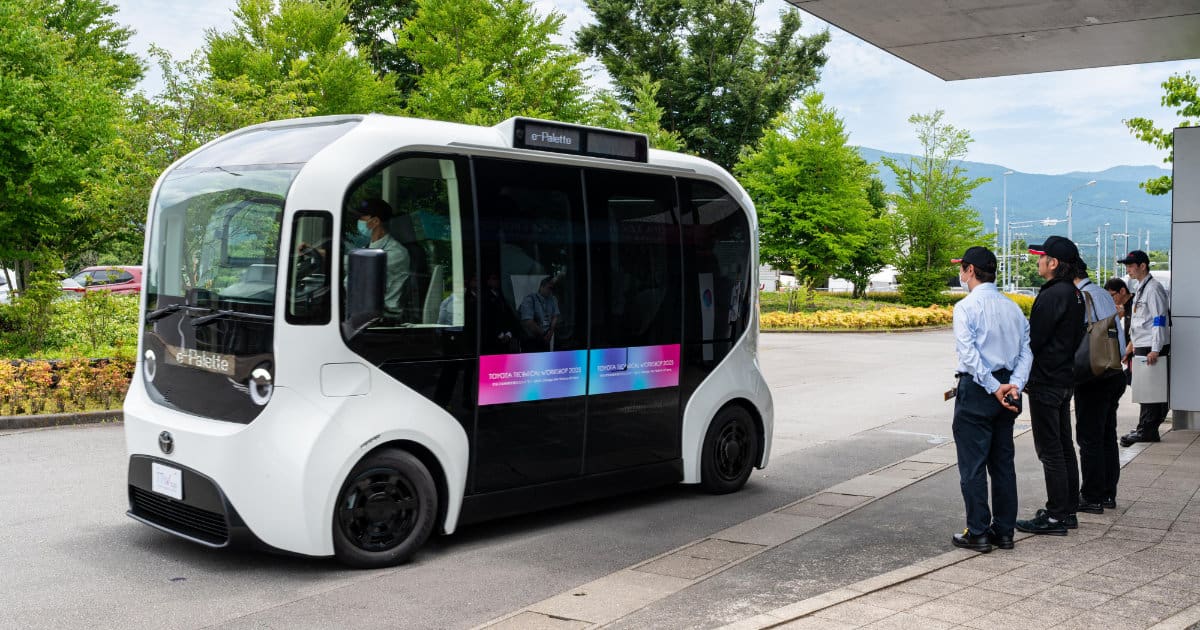
Another potential advantage of solid-state battery technology is its contribution to reducing the carbon footprint of EVs. Studies suggest that this new technology could decrease EV battery carbon emissions by up to 39%, likely due to simplified production processes and faster charging times.
However, the implementation of solid-state batteries would likely lead to an increased demand for lithium, potentially as much as 35% more than current lithium-ion technology. This would result in a surge in the need for lithium, the ‘white gold’ powering the EV revolution, leading to governments and manufacturers scrambling to secure supplies.
Regulations like the European Union’s proposed Batteries Regulation and the U.S.’s Inflation Reduction Act are being put in place to manage this demand. Efficient mining methods, such as extracting lithium from geothermal wells, and improved techniques for extracting and processing raw materials in solid-state batteries, including lithium, are crucial for reducing their climate impact.
Competition and Future Goals
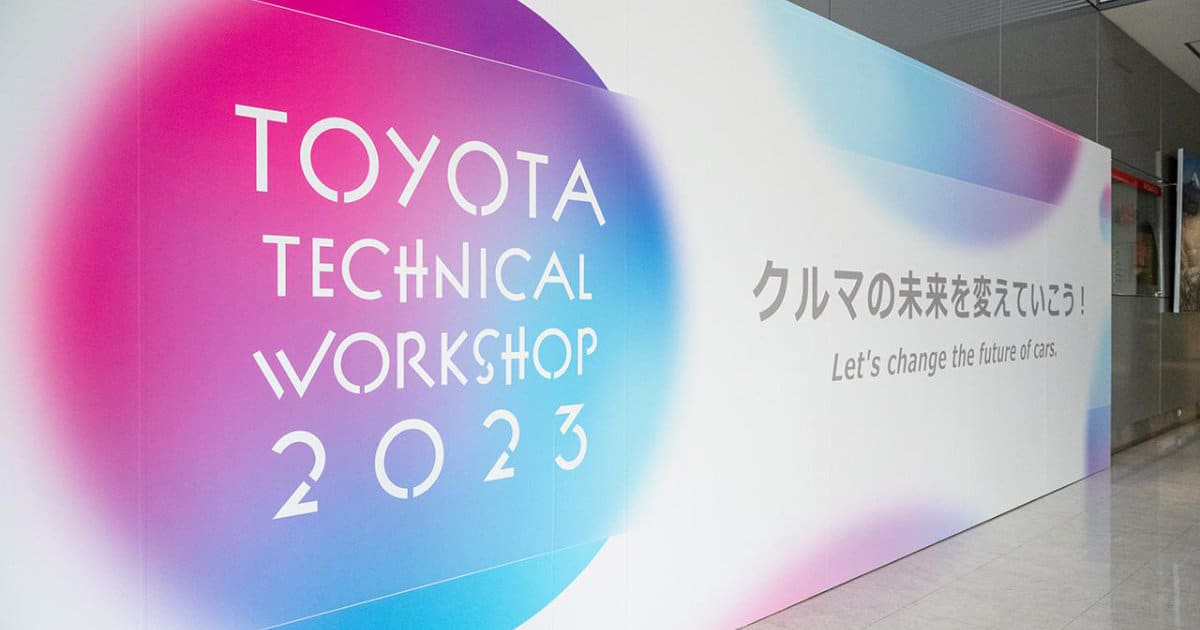
Toyota, having amassed over 1,000 solid-state battery patents, plans to commercialize its solid-state battery technology by 2027 and expects to manufacture three million battery-electric units per year by 2030, half of which would utilize solid-state batteries.
Despite the promising development of solid-state batteries, Toyota acknowledges that they are not the only solution, expecting further technological breakthroughs in liquid lithium-ion batteries as well.
As the race to perfect solid-state batteries heats up, automakers like BMW and Nissan are also investing in this technology, as are start-ups like QuantumScape, backed by Bill Gates and Volkswagen. The race is on, but with its commitment to innovation and extensive research, Toyota looks set to play a leading role in the EV revolution.
Frequently Asked Questions About Electric Car Battery Technology
Solid-state batteries are considered a significant leap forward in EV technology because they overcome many limitations of current lithium-ion batteries. They replace the liquid electrolyte in traditional batteries with a solid one, which improves energy density. This means they can store more energy using less material. Solid-state batteries can charge quickly, enhancing user convenience, and they significantly reduce safety risks, such as overheating and fire. Most importantly, solid-state batteries have the potential to substantially increase the driving range of electric vehicles, a critical factor for wider EV adoption.
Toyota’s progress in solid-state battery development is crucial because it signals a possible shift in the competitive landscape of the EV industry. Their technology, projected for commercialization by 2027, promises to halve the size, cost, and weight of EV batteries. It also plans to drastically reduce charging times to under 10 minutes and increase driving ranges to up to 1,200 kilometers (745 miles), far exceeding current EV capabilities. This breakthrough could help Toyota emerge as a leader in EV technology, challenging established players in the sector.
Sources
Toyota: Website
